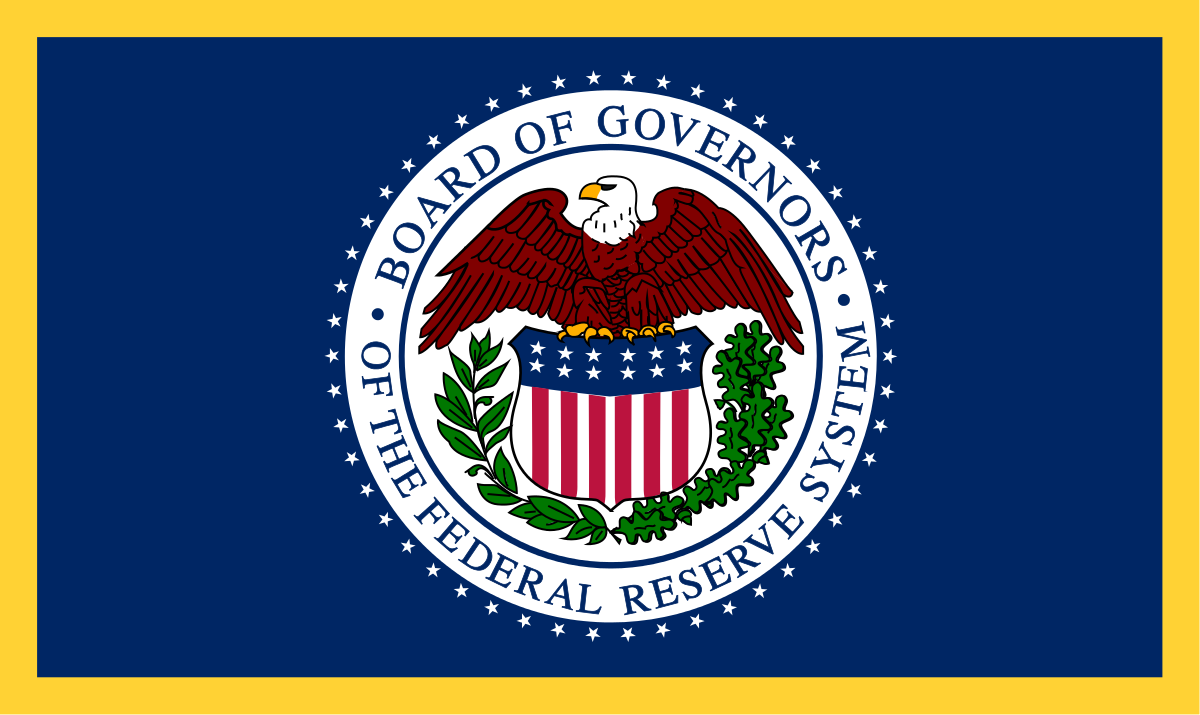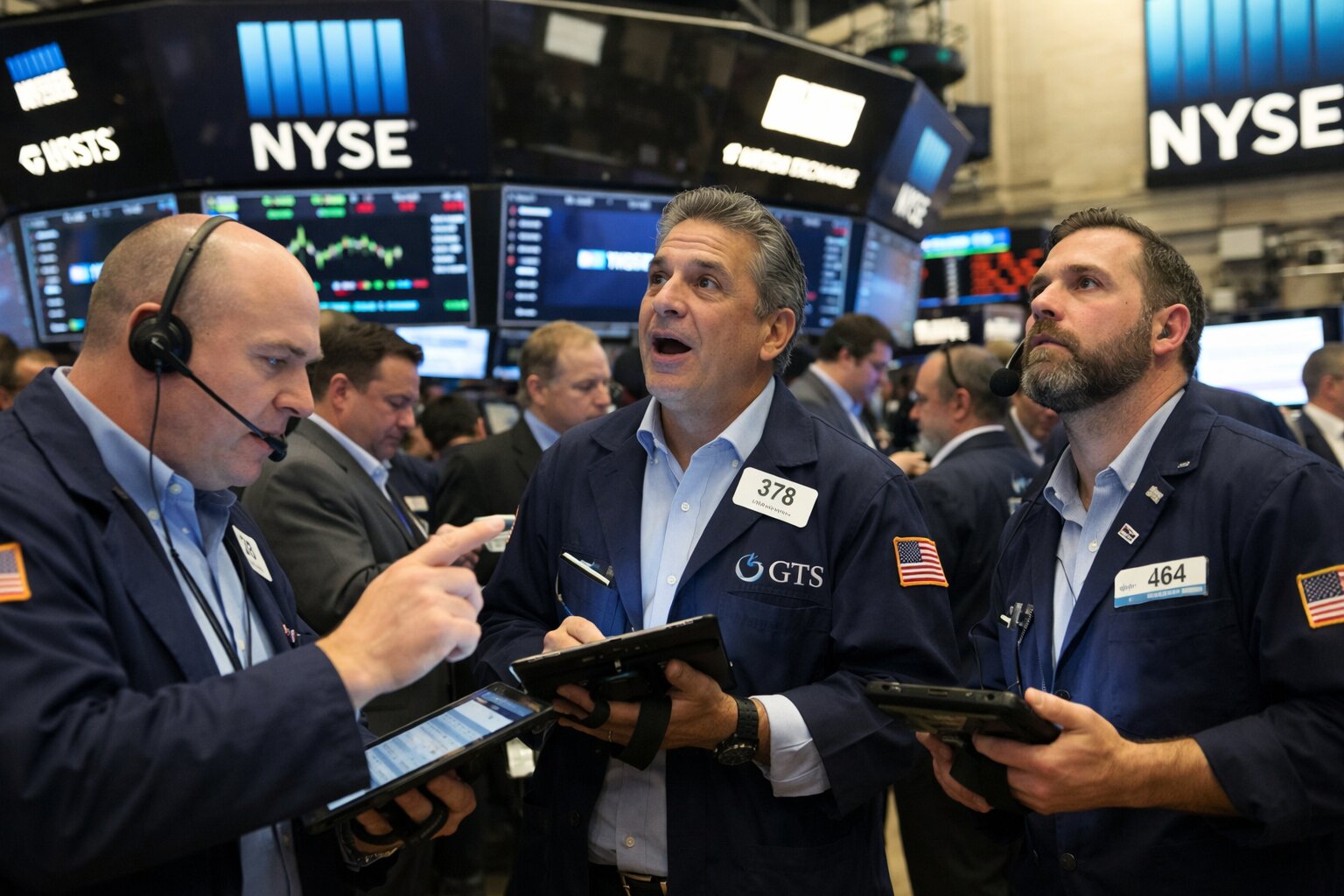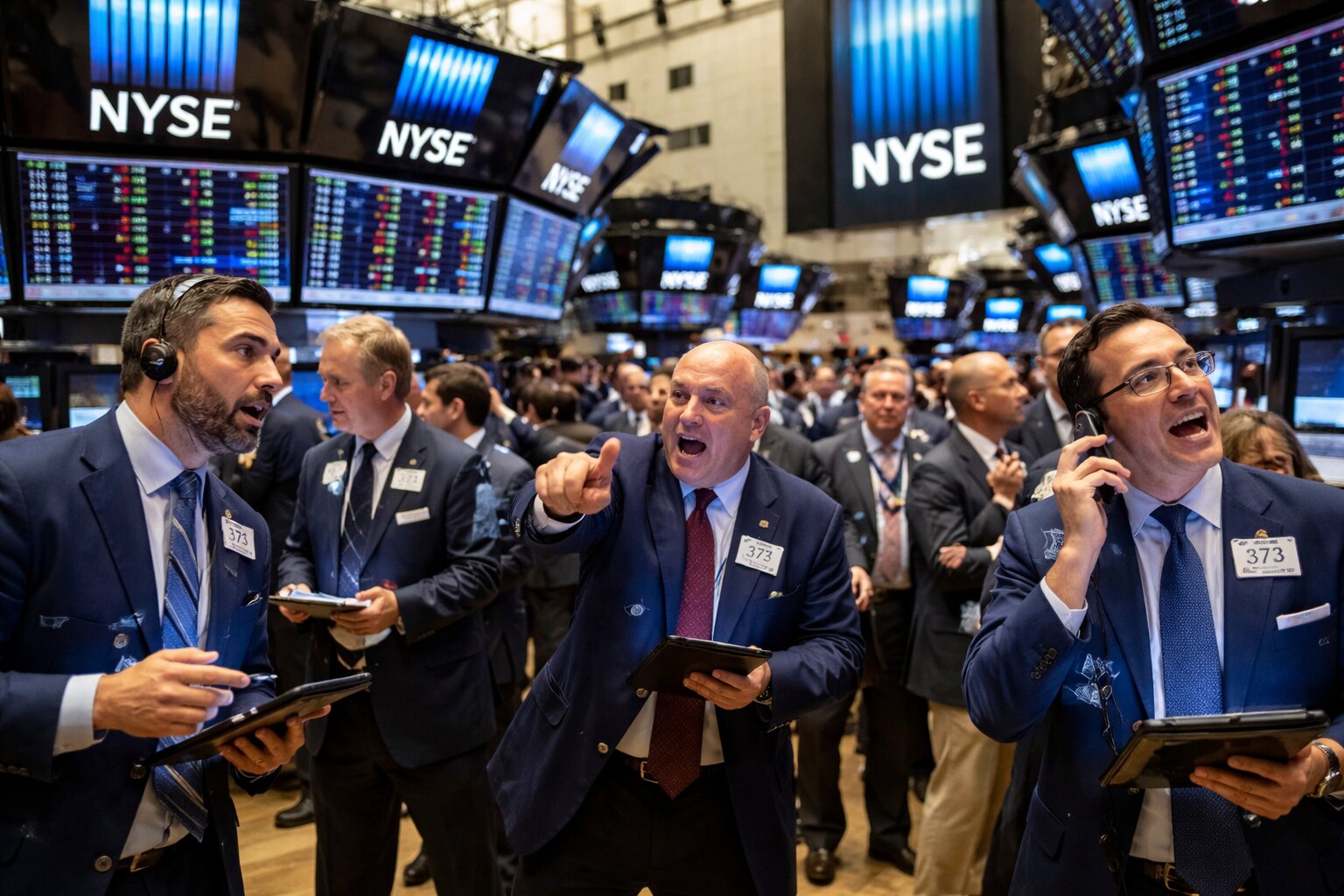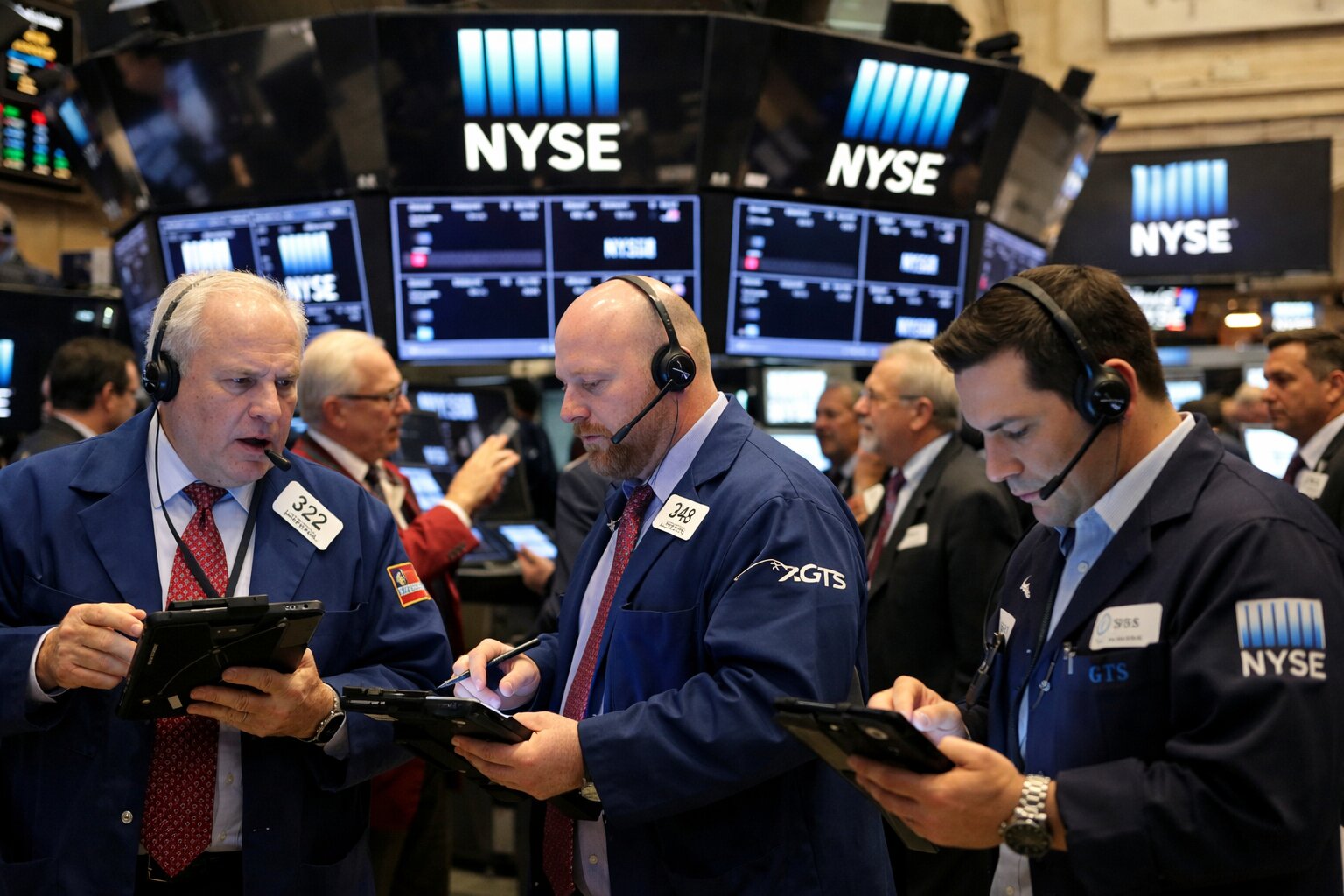
Banking Shift Sparks Growth Worries
Regulatory Responses and Market Resilience Amid Banking Realignment
In the wake of the collapse of Silicon Valley Bank, the US banking system has experienced a significant shift as investors transfer their deposits from smaller banks to larger, more stable banks such as JP Morgan and Wells Fargo. According to a Federal Reserve report, between March 8 and 15, small banks lost around $1 billion (2.2% of their total deposits), while large banks gained $120 billion in deposits. This trend may put smaller banks at risk of liquidity crises due to the Fed's interest rate increases over the past year.
Investors are transferring their money to lower their risk exposure amid the current market uncertainty. The interest rate increases have put small banks in a precarious position, as their capital from the Fed becomes more expensive. However, chief strategist Uri Greenfeld at Psagot Investment House views this as a healthy and natural process for the US banking system, as it ultimately leads to a reduction in credit consumption and rising inflation.
Despite the turmoil in the banking sector, there is still concern about the potential impact on economic growth. Small banks have granted more loans than large banks ($580 billion compared to $460 billion) in recent years. The flight of deposits from small banks may cause a credit crunch, and regulators may need to provide temporary insurance for all bank deposits to resolve the crisis.
Federal Reserve Chairman Jerome Powell announced that the flow of deposits in the banking system stabilized last week, which has contributed to a sense of security among investors and slowed the outflow of deposits. The market is now shifting its focus from the immediate crisis to medium-term concerns about economic growth.
Harel Gilon, co-CEO of Oppenheimer Investment Bank, believes there is no cause for concern, as deposits fell by about 2% without any significant shocks to major banks. The market is moving towards safer banks, and the expected decrease in spillover to large banks indicates stabilization after the collapse of Silicon Valley Bank.
First Citizens BancShares recently acquired the failed Silicon Valley Bank, with the Federal Deposit Insurance Corporation (FDIC) providing support for the deal. This acquisition is a positive step for the financial sector, as it strengthens confidence in the system and signals a return to stability in the US banking industry.
While some banks may still be at risk of collapse, the measures taken by the US government to prevent further bank failures may provide support and help stabilize the situation. The acquisition of struggling banks and guarantees of deposits for investors by the FDIC are crucial steps in rebuilding confidence in the banking system and navigating the sector from crisis to growth.
Read More
-
GPIQ ETF Price Forecast: Can a 10% Yield at $52 Survive the Next Nasdaq Selloff?
09.02.2026 · TradingNEWS ArchiveStocks
-
XRP ETF Price Forecast: XRPI at $8.32, XRPR at $11.86 as $44.95M Inflows Defy BTC and ETH Outflows
09.02.2026 · TradingNEWS ArchiveCrypto
-
Natural Gas Futures Price Forecast: Will The $3.00 Floor Hold After The $7 Winter Spike?
09.02.2026 · TradingNEWS ArchiveCommodities
-
Stock Market Today: Dow Back Under 50K While S&P 500 and Nasdaq Push Higher as Gold Reclaims $5,000
09.02.2026 · TradingNEWS ArchiveMarkets
-
USD/JPY Price Forecast: Can Bulls Clear 157.5 Without Triggering a 160 Intervention Line?
09.02.2026 · TradingNEWS ArchiveForex



















